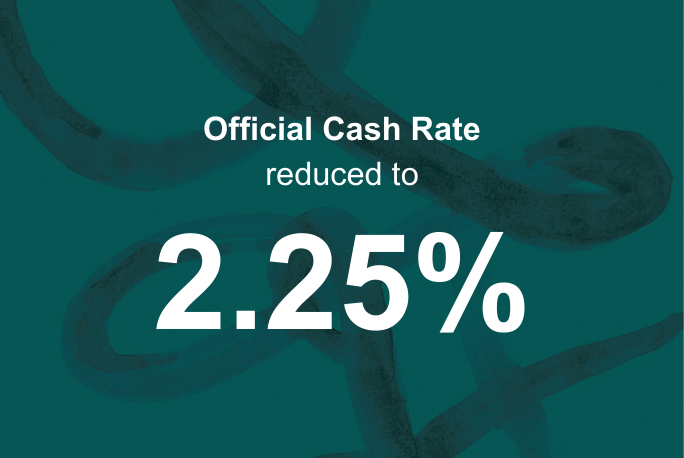

For most people the best answer to investment market dips could be ‘do nothing’. Stop constantly checking on prices and simply let the market ride through its usual ups and downs. Often, the worst thing is to lose your nerve and sell up – it just turns an on-paper loss into a real loss of wealth.
Everyone’s situation is different, so getting good professional advice is very important. It gives you access to valuable knowledge and helps you to make better choices. Before you ask an investment adviser “should I sell my shares”?, it’s good to understand the widely-accepted strategies for times of market turbulence.
Share prices go up and down; it’s what they do. Sometimes it’s rapid, other times more gradual. But over a five-year rolling period, shares have always been one of the best performing investment types, particularly for growing your wealth.
When Covid-19 first emerged, share prices around the world plummeted, only to rise steeply again a short while later. When the high inflation numbers of 2022 began, share prices fell again. In late 2022, high US inflation started to level off, investor confidence returned and the markets saw substantial price increases. People with money to invest were making the most of the low prices to recover from a period of low dividends and interest rate returns.
For some people, Covid-19 has been a financial disaster. Their emergency cash reserves have run out and they need more cash from their portfolio now. If you’re in this situation, it pays to get trusted advice on the best way forward.
For most people, however, selling when the market is low can create an unnecessary and permanent loss. It might bring an end to the worry of falling prices, but you’re selling at bargain lows. If you sell low and prices move upwards before you can reinvest, you may never recover the loss.
If you’ve been making regular contributions to your portfolio, it might be tempting to put them on hold until things improve. However, gradually investing over time is a proven strategy known as ‘dollar cost averaging’. It has the effect of spreading your risk across ups and downs. Putting this strategy on pause at a time when good shares may be going for low prices simply defeats its purpose. In most cases if you can possibly afford to continue your contributions, you should.
If you planned your investment strategy with a portfolio manager, you would have chosen a mix of different types of investments. This sets your risk/return level and provides risk-reducing diversity. For example, you might have chosen a 50/40/10 split between shares, bonds and cash investments. However the balance is based on values, so when share prices fall considerably and bonds don’t, your portfolio will no longer have its target balance. This could be restored by selling some bonds and investing in shares. It has the added benefit of selling the high value securities and buying the ones that are currently low priced. Auto-rebalancing is when your portfolio manager does this for you at agreed times.
The recent market turbulence may have completely frayed your nerves and helped you realise your risk appetite is not what you thought it was. As soon as the time is right, you might want to adjust your investment portfolio to a lower-risk mix. Over the long term this will typically provide a lower return, but at least you’ll feel more comfortable.
If you’re concerned about your investment strategy, contact us. Our qualified investment advisers can help you decide the best way forward with confidence.
Please fill in the form below with your contact details and one of our advisers will get in touch in 24 hours. "*" indicates required fieldsWherever you are on your investment journey, we can help.